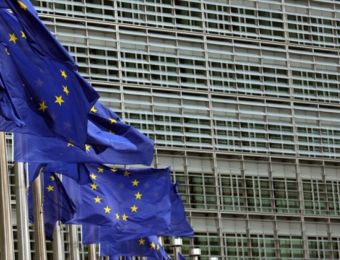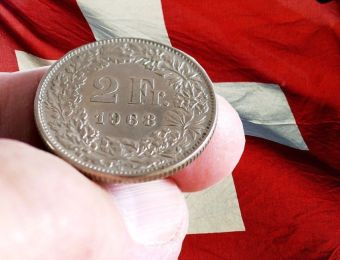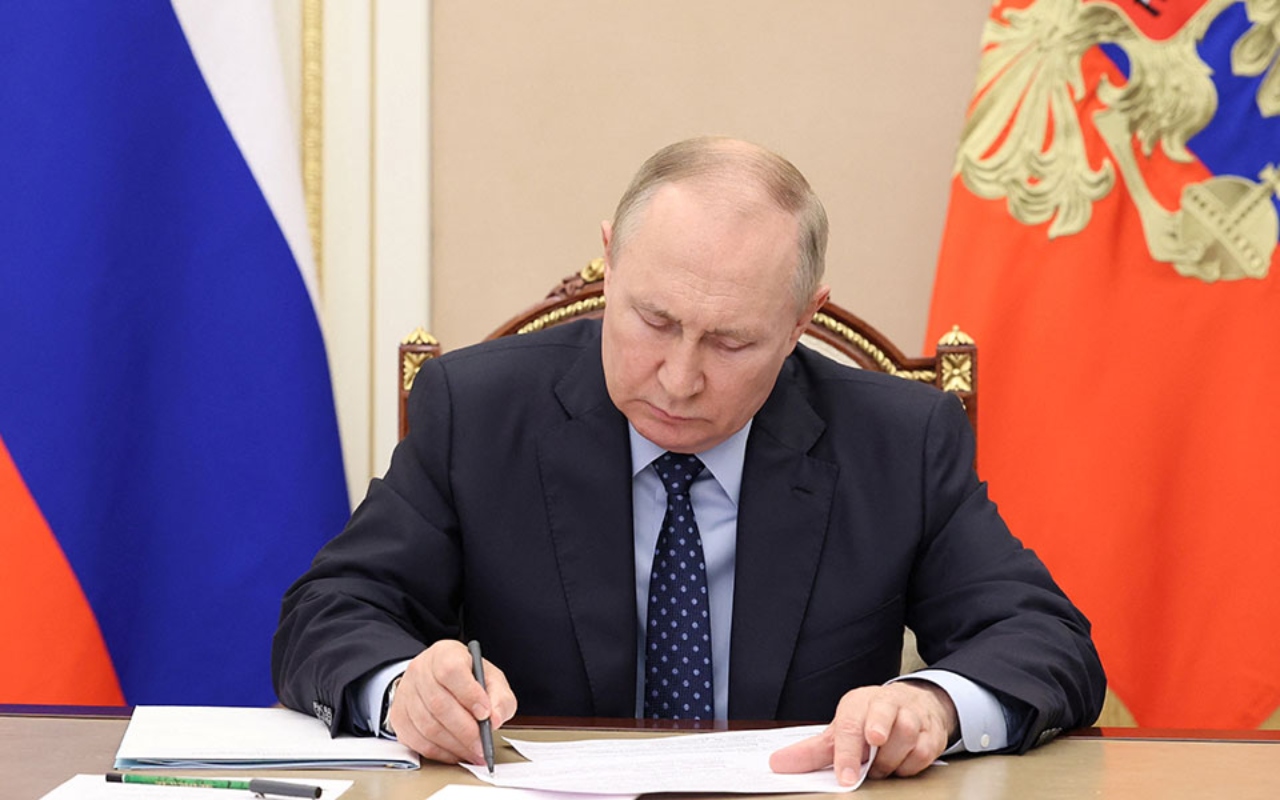Economist: Greece is 2022 economic winner

Πηγή: Αρχείου
Financially, the past year has been a nightmare for almost every country. Inflation of 10% year on year reduced household income. Investors suffered losses as global stock markets fell 15%. However, these poor overall performance masks large disparities, with some countries performing quite well.
To assess these differences, The Economist collected data on five economic and financial measures—GDP, inflation, inflation range, stock market performance, and public debt—from 34 predominantly rich countries. The report says that each economy was ranked according to how well it performed on each indicator, resulting in an overall score.Unexpected results: For the first time in a long time, the Mediterranean is experiencing an economic surge, with Greece topping the list, according to the Economist. Our country is at a better level than other European economies. Other countries emerging from the economic crisis they found themselves in in the early 2010s, such as Portugal and Spain, also scored highly. These are not the only pleasant surprises. Despite the political chaos, Israel has also done quite well. Meanwhile, despite political stability, Germany is lagging behind. The two Baltic countries, Estonia and Latvia, who earned praise in the 2010s for their swift reforms, are now lagging behind.
The second indicator is the change in the price level since the end of 2021. Away from the world’s attention, some countries are experiencing relatively low inflation. In Switzerland, consumer prices rose by only 3%. The central bank, helped by a strong currency, reacted quickly to rising prices earlier in the year. Countries with non-Russian energy sources, such as Spain, which gets its natural gas from Algeria, also fared better than average. The countries dependent on Vladimir Putin have suffered greatly. In Latvia this year, average consumer prices have risen by 20%.
The third measure is also related to inflation. The experts calculated the share of goods in the inflation basket of each country, the cost of which increased by more than 2% over the past year. This gives an idea of how ingrained inflation is and how quickly it will decline in 2023. In Italy, for example, consumer prices have risen 11% this year, but “only” two-thirds of its inflation basket is inflation-linked.. Japanese inflation also looks like it could be coming down soon. The UK is in the most difficult positionas the prices of each category in her cart are rising rapidly.
State debt
The Economist’s final measure is the change in net public debt as a percentage of GDP. In the short term, governments can close economic gaps by increasing spending or lowering taxes. But this can create more debt. Some governments have spent enough money to support citizens with government aid packages. Germany has allocated 7% of GDP to cover energy costs, which means that the debt-to-GDP ratio has risen. Other countries did not follow the fiscal profligacy, which contributed to the improvement of the situation as a whole. Public debt in southern Europe appears to be on a downward trajectory.
Διαβάστε όλες τις τελευταίες Ειδήσεις από την Ελλάδα και τον Κόσμο

























Το σχόλιο σας